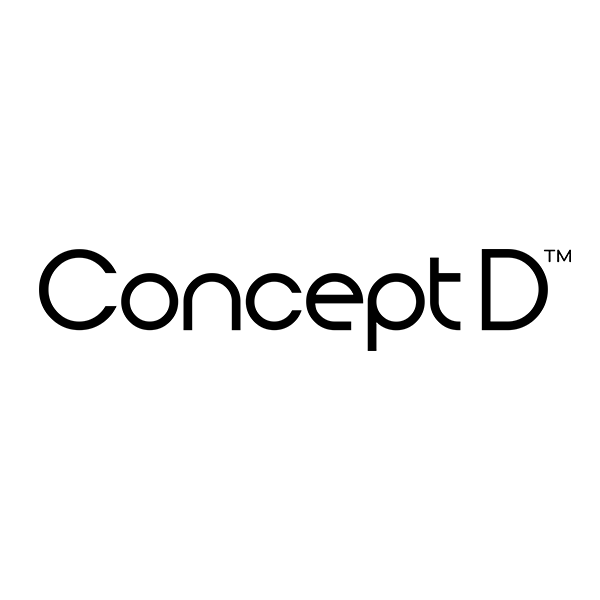Internal Battery Resert required to fix recurring problem
For the 2nd time in a few weeks, my Acer Aspire 515-51G has refused to power on with a nearly fully charged battery. Both times, I had used the system on battery power for an hour or so, hibernated the system, then later, tried to power on - power button has no effect at all. Both times, using a paperclip to do an internal battery reset has solved the problem. But, what does this mean? Is the battery going bad? Something else failing? The system, 2.5 years old, is plugged in for long periods of time (days) between being used on battery power. I really like it and hate to think of replacing it.









